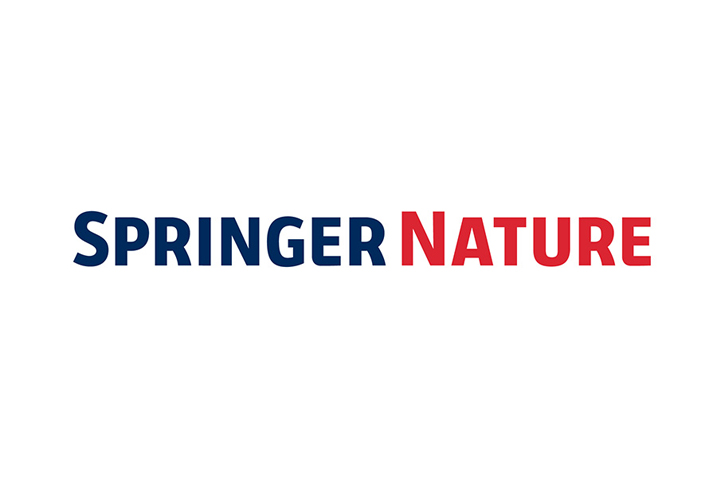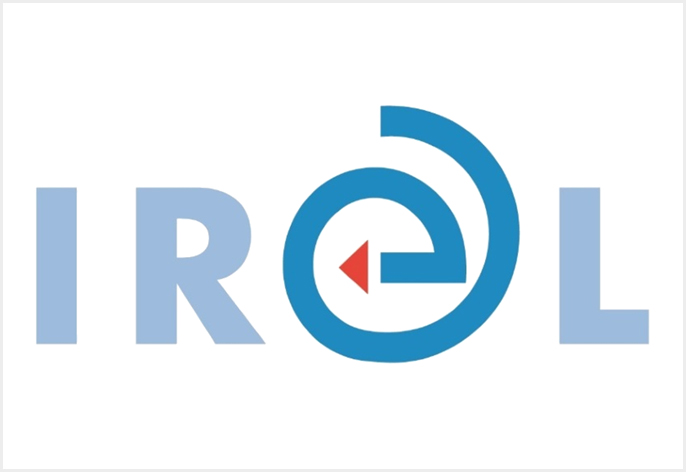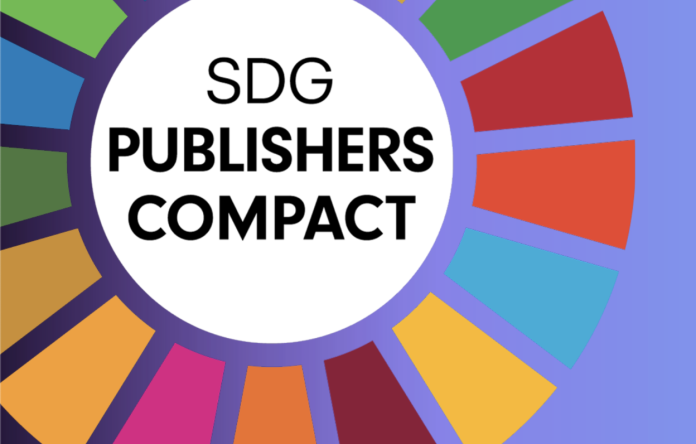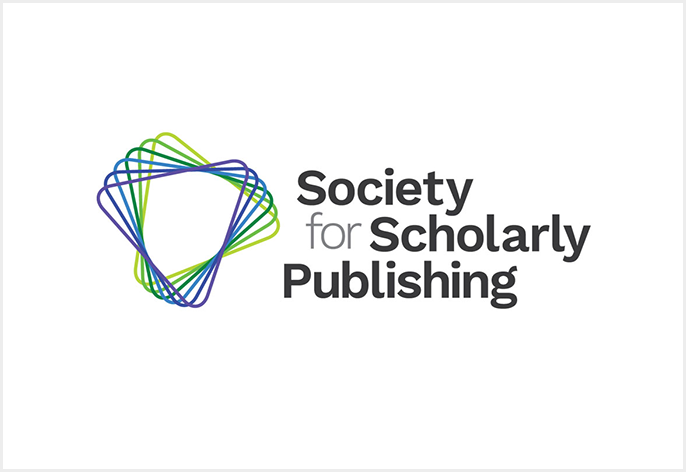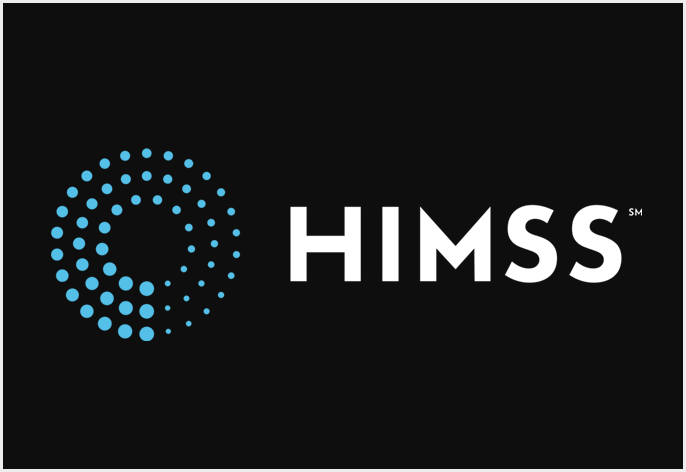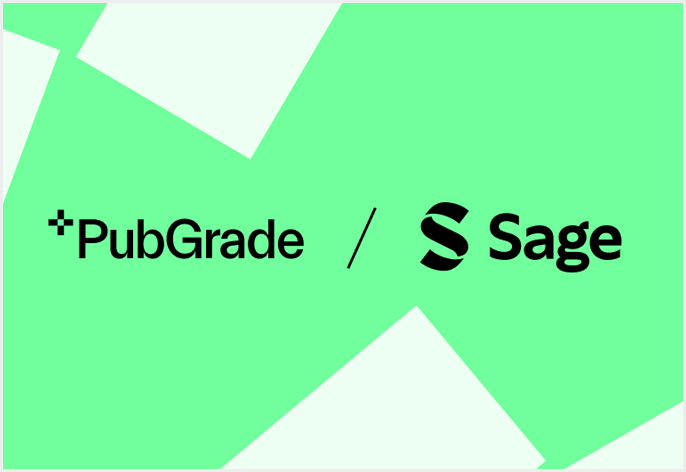eLife and PREreview are pleased to announce that the Confederation of Open Access Repositories (COAR) will provide them with technical and funding support to implement the COAR Notify technology. With this support, the organisations will work to connect separate services within the ‘publish, review, curate’ ecosystem.
The project will put in place the basic infrastructure and protocols needed for all-round and standardised connections between preprint repositories, community-led preprint review platforms, journals, and preprint review aggregation and curation platforms. The aim is to lower existing technological and cost barriers so that as many of these services as possible can more easily participate in the ‘publish, review, curate’ future for research.
The COAR Notify Initiative, launched by COAR in 2021 and 2022, was awarded funding by Arcadia – a charitable foundation that works to protect nature, preserve cultural heritage and promote open access to knowledge. The aim of the COAR Notify Initiative is to promote community adoption of a standard and decentralised approach to link research outputs that are hosted in different repository networks with resources from external services, such as overlay journals and groups that provide open peer review. This approach makes use of the COAR Notify Protocol – the ‘technical glue’ that connects these services together, and is based on established web-based technologies Linked Data Notifications and Activity Streams. eLife and PREreview will adopt this approach within their systems to support the ‘publish, review, curate’ model that puts preprints first.
As a flavour of this model, eLife publishes preprints that it invites for review as Reviewed Preprints, alongside the public reviews and eLife assessment of the work. The assessment includes a shared vocabulary, adding a ‘curate’ component to the model. For the accompanying infrastructure, the organisation is working with Coko to develop Kotahi, an open-source platform for managing the submission and review of preprints. Meanwhile, PREreview provides a website for the crowdsourcing of preprint reviews, and is one of a number of reviewing groups on Sciety – a website developed by the team at eLife to aggregate evaluated preprints from across the web into one place.
Partners for more than two years, eLife and PREreview have a common goal to promote community engagement in open peer review. PREreview engages the whole scientific community with collaborative and constructive full-length peer reviews of preprints. These preprint reviews are openly available for anyone to read, including editors and publishers who may consider the work for formal publication in a journal. The COAR Notify Initiative aligns with both PREreview and eLife’s goals by providing a standard approach for linking preprints hosted on different platforms with groups that provide open review.
By implementing the COAR Notify Protocol into bioRxiv/medRxiv, SciELO Preprints, Kotahi, PREreview, Sciety and other platforms, the partners aim to serve three workflows in the ‘publish, review, curate’ ecosystem. These include: author-driven requests for open, community-led peer review of their preprint; journal-driven requests for open, community-led peer review of a manuscript or preprint submitted to them for review and publication; and the ingestion and display of aggregated preprint review requests from multiple sources – that is, preprint servers including bioRxiv and other repositories – as well as resulting reviews published across preprint review platforms such as Sciety.
The interactions between these platforms provide an ideal scenario for the adoption of the COAR Notify model, which will support existing communications as well as allow them to scale beyond the current partners. Most notably, for author-driven requests of peer review, the COAR Notify Protocol will enable the organisations to provide a shared interface that connects preprint repositories with preprint review services. This work will first be carried out between bioRxiv and PREreview. The rest of the project will then focus on connecting bioRxiv and Kotahi, and SciELO Preprints and PREreview, by the end of 2023.
This work feeds into a larger project that will continue at least until the end of 2024, with the integration of the COAR Notify Protocol further into Kotahi and Sciety.
Paul Shannon, eLife Head of Technology and Innovation, says: “Some preprint platforms, like SciELO Preprints, have previously experimented with the ability for preprint authors to click a button that requests a peer review from PREreview. The problem is that these solutions were specific to the service and not easily reused by others. COAR has developed a protocol based on open standards which will enable us to harness the power of open-source technology to provide a solution that works for those services, and many more besides. This adds to the ‘publish, review, curate’ ecosystem and makes the technology available for other reviewing groups and organisations that wish to implement and build upon it.”
eLife and PREreview are not the first organisations to work with the COAR Notify Protocol. The nonprofit Peer Community In – an organisation of researchers offering the peer review, recommendation and publication of scientific articles in open access for free – has adopted the technology to support communications with Hyper Articles en Ligne (HAL), the French national repository, and Episcience, an overlay journal platform. Alongside PREreview, eLife’s goal is to use the protocol to support reviewing groups across the globe. While the project will initially focus on PREreview and Brazil-based SciELO Preprints, the partners hope that many other groups on Sciety will come on board as the work progresses.
Chad Sansing, Product Manager at PREreview, welcomes this collaboration. He says: “We’re excited to pilot this work with eLife, COAR, and preprint servers like biorXiv and SciELO Preprints to further improve the timeliness and helpfulness of peer preprint reviews for preprint authors from around the world.”
Kathleen Shearer, COAR Executive Director, adds: “COAR strongly endorses the ‘publish, review, curate’ model as an alternative to traditional publishing. We’re delighted to support the eLife and PREreview teams in their efforts to adopt COAR Notify, which will allow this model to scale and flourish.”
More information about Arcadia is available at https://www.arcadiafund.org.uk.
To read more about eLife’s new publishing model, see https://elifesciences.org/inside-elife/741dbe4d/elife-s-new-model-open-for-submissions.
For more information about eLife and Coko’s work on Kotahi, visit https://elifesciences.org/for-the-press/a587f01b/elife-extends-support-for-coko-s-work-on-open-source-publishing-solutions.
To read more about eLife and PREreview’s partnership, visit https://elifesciences.org/for-the-press/a5f813bc/elife-and-prereview-extend-partnership-to-boost-community-engagement-in-open-peer-review.
And for more information about SciELO and Sciety, see https://elifesciences.org/for-the-press/281cccbb/sciety-welcomes-asapbio-scielo-preprints-crowd-review-for-the-evaluation-of-brazilian-portuguese-preprints.





